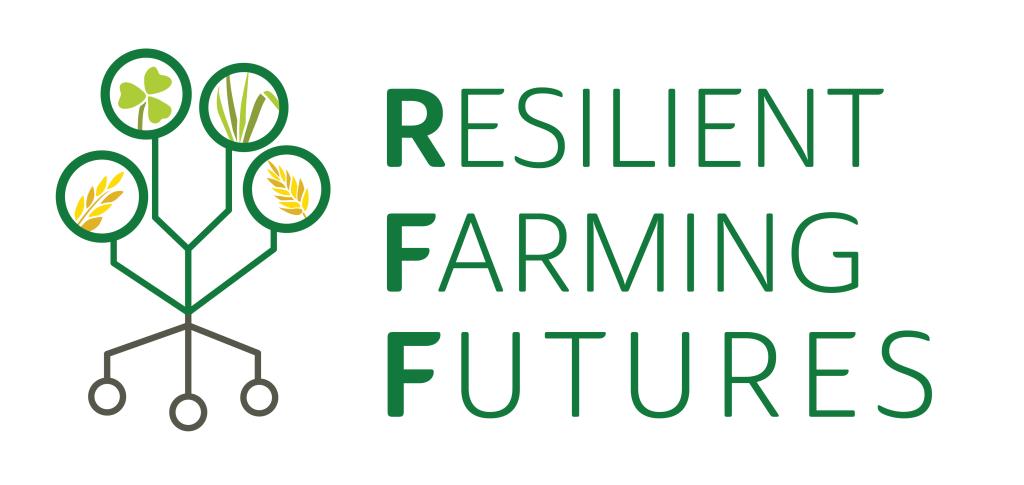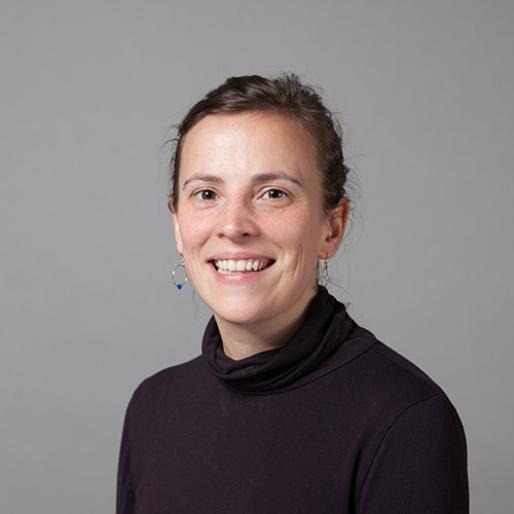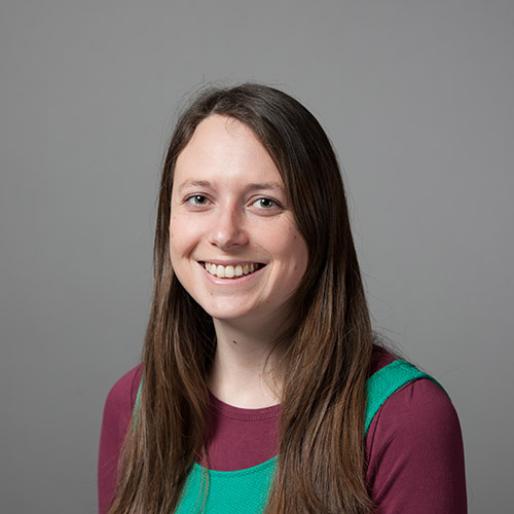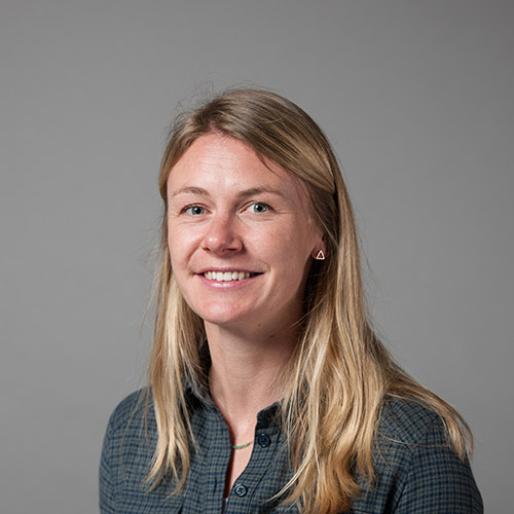The big picture: using wildflower strips for pest control

Combining primary and secondary data, in vivo and in silico experiments, and the development of data science and decision-making tools, to forearm the farming sector and additional stakeholders.
Conjectures of ‘perfect storms’ and ‘ghastly futures’ are based largely on recent limited observations, narratives and simple indices of environmental degradation rather than comprehensive systems-based analysis. A robust scientific understanding of which abiotic and biotic stresses, individually and combined, are most likely to disrupt agricultural goods and services is lacking, meaning that systems adaptations for safeguarding the resilience of UK agriculture cannot be recommended with confidence. The Resilient Farming Futures ISP meets this challenge head-on and will combine primary and secondary data, in vivo and in silico experiments, and the development of data science and decision-making tools, to forearm the farming sector and additional stakeholders.

Science Director

Agricultural Scientist

Research Scientist

Farming Footprints and Adaptations Team Leader

Statistician

SCIENTIFIC TECHNICIAN

Ecologist

Ecosystems Modeller

Molecular Microbiologist - Bioinformatician

Agronomist

Molecular Plant Pathologist

Plant Pathologist; Aerobiologist

SOIL CARBON MODELLER - AGROECOSYSTEMS MODELLER

Plant Pathologist

Executive Assistant & Project Manager

Atmospheric Chemist

Weed Ecology Technician

Knowledge Exchange Manager

ENVIRONMENTAL SCIENTIST

Mathematical Modeller

Agri-Informatician

Weed Ecology Technician

Soil Health and Management Team Leader

Environmental Scientist

Hydrologist

Agricultural Scientist

PLANT PATHOLOGIST

AGRI-ENVIRONMENT MODELLER

Plant Lipid Biochemist

Scientific Technician - Hydrology

Scientific Specialist

Post-doctoral researcher